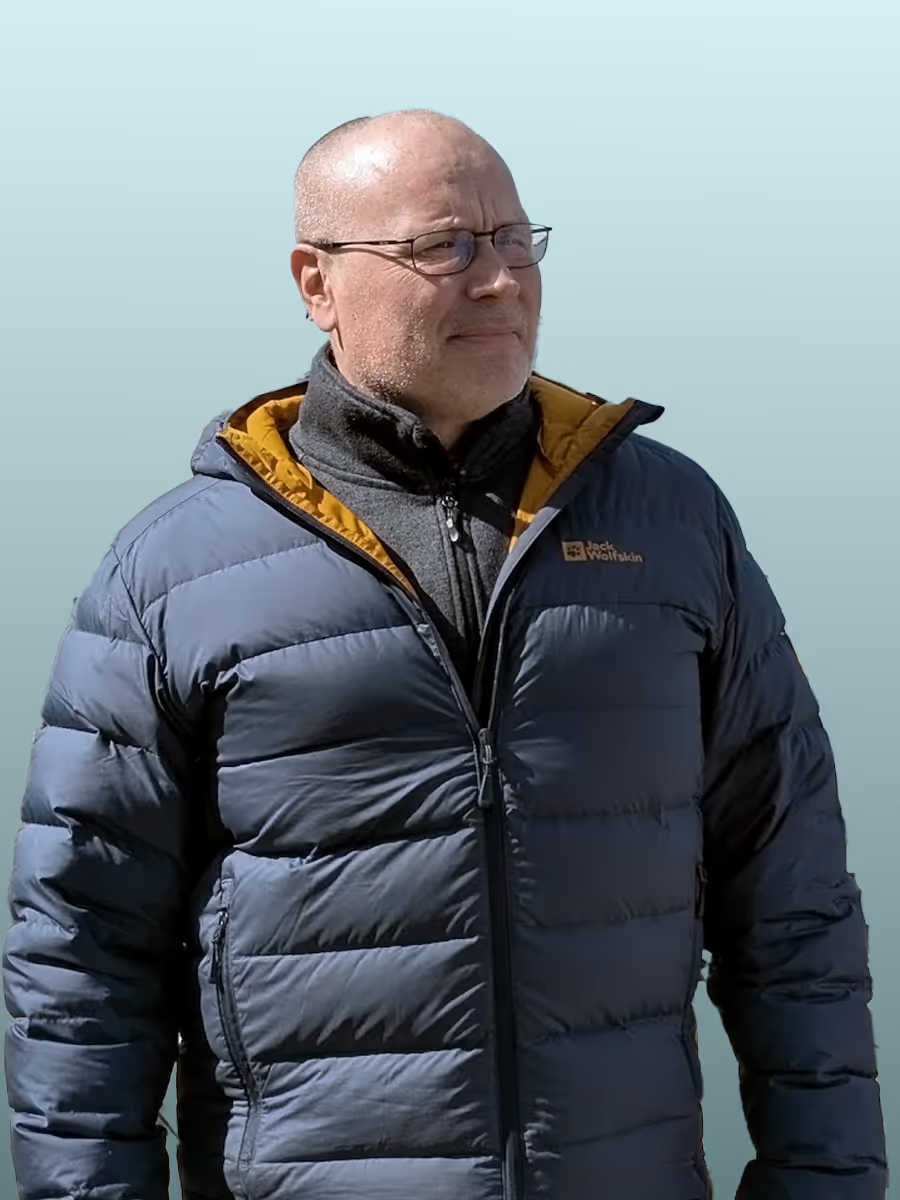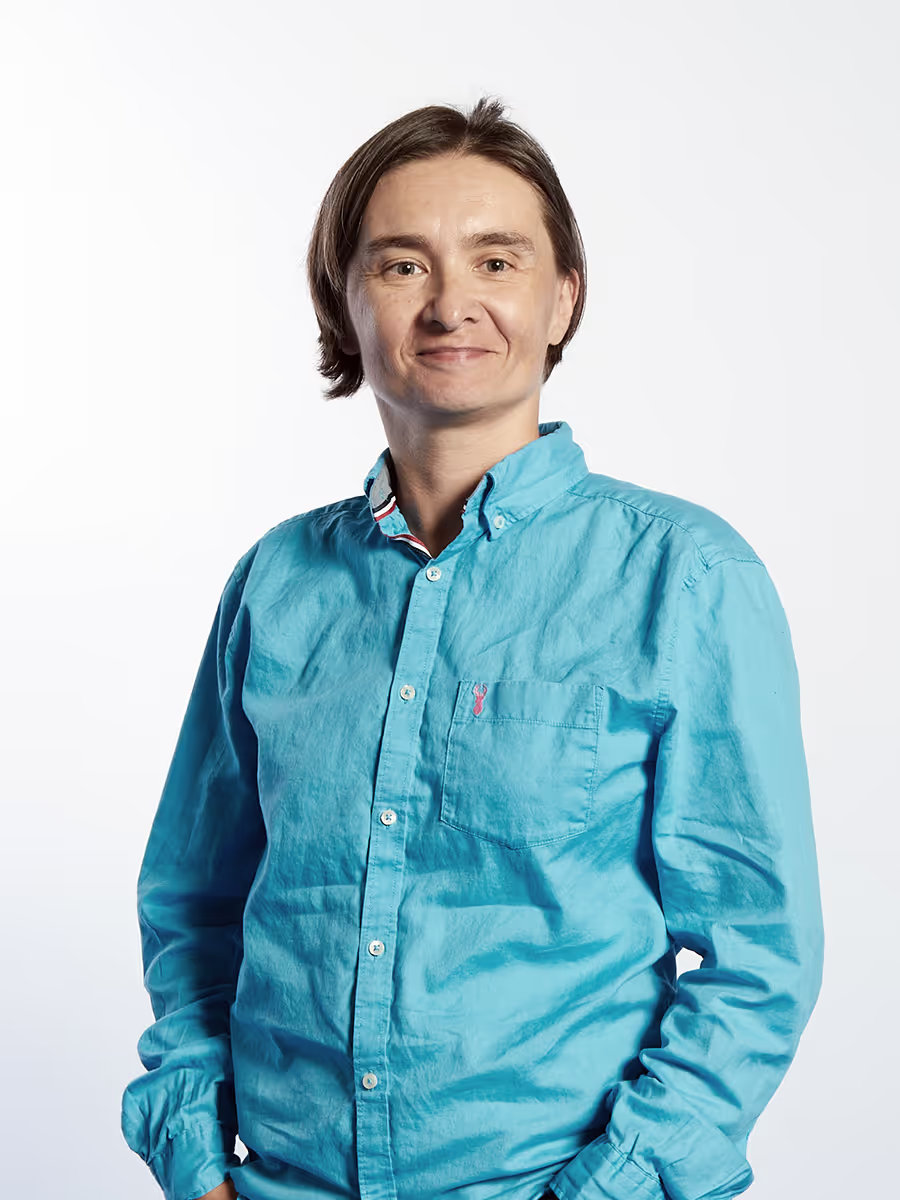We're not just envisioning a future of healthcare - we're actively building it. Pushing the boundaries of what's possible in medical technology and patient care.
Viska AI is a specialized, AI-driven decision support system designed to assist clinicians throughout the entire transplant journey, from pre-transplant evaluation to long-term post-transplant care. It continuously analyzes patient-specific data, relevant clinical research, and standardized best practices to provide real-time, evidence-based recommendations. By doing so, Viska AI helps reduce treatment variability, facilitates early detection of complications, and supports clinicians in making critical decisions quickly.
At the heart of our initiative lies a cutting-edge AI application, leveraging AI, machine learning, and deep learning to transform the navigation and interpretation of complex clinical data with unparalleled accuracy and efficiency.
Clinician-Centered Design: Built by transplant experts for transplant experts.
Measurable Impact: Developed with clinicians, Viska AI is undergoing validation to assess improvements in clinical accuracy and patient care.
Secure and Compliant: Adheres to the highest standards for data security and healthcare compliance.
Viska AI empowers clinicians with real-time, personalized insights, supporting faster and more accurate decisions across the entire transplant journey. By streamlining data access and enhancing treatment precision, our solution helps improve outcomes, optimize workflows, and elevate care quality.
Key capabilities include:
Predictive analytics to anticipate complications in HSCT and solid organ transplantation
Real-time insights delivered at the point of care
Personalized treatment plans based on individual risk profiles
Seamless integration into existing hospital systems
By harnessing the power of advanced algorithms and deep learning, our system is designed to identify potential risks and anomalies in patient data with remarkable accuracy, thereby facilitating early intervention and personalized care strategies.
This proactive approach improves the overall safety and quality of patient care, ensuring that every decision made is informed by the most comprehensive and accurate clinical data available.
AI-tailored care plans that align precisely with each patient's specific needs and preferences. Paving the way for a new era of healthcare where patient outcomes are significantly enhanced through the precision and adaptability of AI-driven insights.
The integration of advanced AI technologies into healthcare significantly mitigates the impact of experienced specialists retiering. AI and machine learning systems adeptly capture, analyze, and disseminate the wealth of clinical insights and decision-making patterns accumulated by these professional.
By automating the interpretation of complex clinical data, AI technologies enable healthcare professionals to make faster and more informed decisions, reducing the time spent on information analysis and increasing the time available for direct patient care. This efficiency gain not only accelerates diagnostic and treatment timelines but also optimizes resource allocation, minimizing bottlenecks and improving patient flow through healthcare facilities.
Adaptation to varying clinical environments through the ability to learn from and analyze diverse data sets, tailoring functionality to meet the specific needs of each clinic. By recognizing unique patterns in patient care, operational workflows, and treatment protocols, AI seamlessly integrates with existing healthcare IT systems, ensuring effective application across different settings.
How does it work and where to start? We've collected answers to most of the important questions in order to be as open and transparent as possible






A graduate of Technische Universität Berlin (1994–2001), he relocated to Sweden in the early 2000s, founding his first company in 2002. Since then, Sven’s work has revolved around building intelligent platforms that leverage machine learning, semantic models, and digital twin technology to emulate human reasoning and drive more sustainable practices.
In 2011, he established Scharc Technology, where he continues to serve as CEO, focusing on BIM, digital twins, and AI-driven solutions that streamline project design and delivery in the real estate industry. By 2023, Sven had already ventured into medtech, spearheading the development of a medical AI Q&A prototype in collaboration with a physician at the University Hospital Basel. His commitment to integrating engineered experience feedback across diverse decision-making contexts is evident in his subsequent initiatives within the healthcare sector.
Beyond his entrepreneurial undertakings, Sven fosters the next generation of innovators and has beed a Corporate Mentor at Stanford University and is a Mentor at AI Grid Germany. His track record exemplifies how the thoughtful application of advanced technologies can unite sustainable business models with forward-looking solutions that benefit both current and future generations.

With his expertise and experience as a physician and researcher in experimental and transplantation immunology at Karolinska University Hospital, along with his work at Devyser developing highly sensitive and precise methods for mixed chimerism analysis, he plays a key role in Viska’s mission to develop clinical decision support for transplantation. He is the author or co-author of over 40 peer-reviewed publications and books. His medical expertise is crucial in shaping Viska AI’s new clinical decision support system.

at Evotec, where she has consistently pushed the boundaries of science and technology. As a former senior scientist specializing in X-ray crystallography and cryoEM, Jola successfully led cross-disciplinary projects that brought together protein scientists, computational chemists, and medicinal chemists to tackle complex challenges in drug discovery.
Her expertise encompasses molecular biology, protein purification, and biophysics, with over 25 scientific publications and multiple protein structure submissions to the Protein Data Bank. Since 2020, Jola has been instrumental in Evotec’s in silico R&D division, leveraging her deep structural biology knowledge to harness cutting-edge machine learning (ML) and artificial intelligence (AI) technologies for generative protein design. Her innovative work includes developing tools for Crystallization Drop Classification and integrating advanced models such as AlphaFold, ProteinMPNN, and RFDiffusion into drug discovery pipelines.
Beyond her research contributions, Jola is passionate about fostering technological growth within teams.
She has spearheaded internal Python training programs, established a coding network for the Protein Sciences team, and designed Django + Angular web applications to streamline laboratory workflows. Her commitment to sustainability is equally noteworthy; as a Sustainability Champion for Evotec’s Abingdon site, she has driven initiatives focused on circular economy practices and climate neutrality. Additionally, she holds a Yellow Belt certification in Lean Six Sigma, demonstrating her dedication to operational excellence.
Jola’s unique blend of scientific expertise, technological innovation, and leadership makes her a driving force in advancing modern solutions that bridge biology and computational science.

providing her with a solid foundation in the scientific and clinical contexts of Viska AI. As a UX Designer and Design Manager, Julia has led the development of several medtech software products currently in use globally, meeting regulatory requirements and receiving positive user feedback. She is experienced in driving the full design process – from needs analysis to launch – including user research, personas, wireframes, prototypes, and interface design, always in close collaboration with cross-functional teams. Her goal has consistently been to deliver intuitive, user-friendly products that improve workflows and patient outcomes while meeting the needs of healthcare professionals, decision-makers, and regulatory bodies. Julia works in accordance with international usability standards for medtech, including IEC 62366 (for IVDR) and FDA guidelines for software, making her skillset highly relevant to Viska AI’s development of clinical decision support systems.

With over 20 years of solid experience in research, development, and project management in DNA and molecular diagnostics, he has led the successful development, production, and CE-marking of over 60 medical devices. Two of these, with annual sales exceeding EUR 50 million, were developed for Roche Molecular Systems – one of the global leaders in diagnostics. This expertise is instrumental in shaping and developing Viska’s new decision support system for post-transplantation care.
Dan Hauzenberger and Anders Hedrum collaborated for over 20 years at Devyser, which is now publicly listed on First North Stockholm. Devyser develops, manufactures, and sells genetic tests to laboratories worldwide. Their products are used in oncology, transplantation, and rare disease diagnostics, enabling personalized cancer treatment, genetic diagnostics, and monitoring of transplant patients. Together, they bring a complementary and highly relevant combination of expertise to the development of medtech solutions for healthcare.